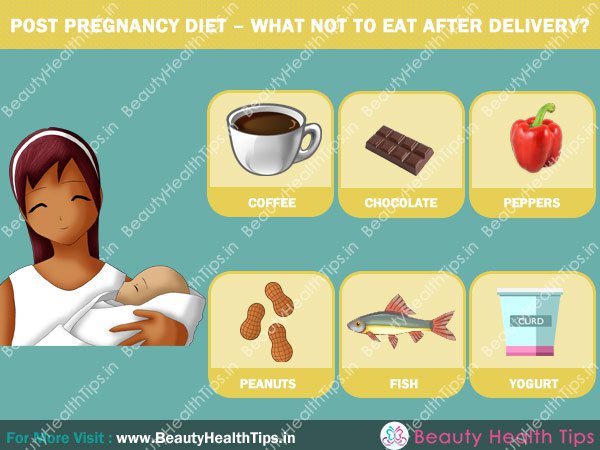What is PCOS?
PCOS is a hormonal imbalance that is caused in women. It is caused due to the production of male hormones. This condition is tricky as there are no tests to diagnose it.
Women who are diagnosed with the condition of PCOS, face difficulty in becoming pregnant. In case, they are pregnant then there are chances that they might face complications at the time of pregnancy, labor or the delivery of the child. Women with PCOS have three times higher chances of having a miscarriage compared to women who do not have this condition. There are chances of developing gestational diabetes, preeclampsia, have a larger baby or premature delivery.
Risks for pregnant women with PCOS
Due to hormonal imbalances, it is harder for women with PCOS to get pregnant. They are more likely to suffer from obesity and have to rely on reproductive technology to become pregnant.
Women with PCOS have a high risk of developing below complications:
- developing insulin resistance
- risk of having type 2 diabetes
- chances of heart disease
- increase in blood pressure level
- high level of cholesterol
- obstructive sleep apnea
- increased risk of endometrial cancer
- abnormal uterine bleeding
- anxiety, depression and eating disorder
- infertility
- Lipid abnormalities
There is also a risk of preeclampsia which is a dangerous condition for both the mother and the child. This can be treated by the delivery of the baby and the placenta. Usually, a cesarean delivery is performed because the babies are large-sized which raises complications in the normal delivery.
If you have gestational diabetes then that can lead to the larger development of the baby. You will need to take insulins to keep your sugar levels in control.
What are the risks for the baby?
Women with PCOS need more monitoring due to the below risks.
- premature delivery
- miscarriage
- lower Apgar score
- large for gestational age
If you deliver a girl then there are studies that have shown that there are 50% chances for the baby to have PCOS.
Symptoms of PCOS
Symptoms can vary in women. Some of the women gain weight due to PCOS but there are women who are lean and still have the condition of PCOS. Around 50% of the women who have the condition of PCOS do not get diagnosed. So, PCOS is known as a silent killer.
The most common symptoms of PCOS are:
- insulin resistance
- cysts on ovaries
- obesity
- suppressed ovulation
- excessive hair growth, acne and male type baldness due to high level of testosterone
- weight gain on the waistline
- think and dark patches of skin on the arms, neck, thighs, and breasts
- pelvic pain
- anxiety or depression
- obstructing sleep apnea
Breastfeeding with the condition of PCOS
If you have the condition of PCOS then you will have to control the symptoms even after your pregnancy. There are chances that you might see some changes in the symptoms due to the hormonal imbalance after pregnancy and the breastfeeding. So, this might take some time for you to settle into the new normal phase.
It is completely safe to breastfeed with the condition of PCOS. Even if you are taking insulin to control your sugar levels, you can breastfeed your child. Women with PCOS who have gestational diabetes have a high risk of developing type 2 diabetes but breastfeeding can lower the risk.
Treating PCOS
There is no cure for PCOS but you can treat its symptoms to control it. Below are the options that will help you to control the symptoms.
- birth control pills
- spironolactone
- losing your weight
- androgen blockers
- fertility drugs





